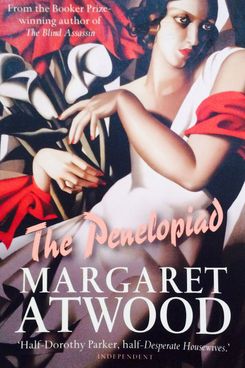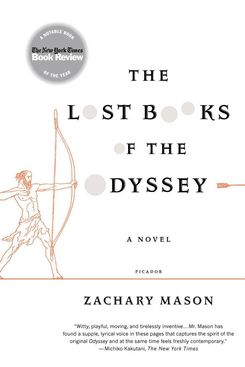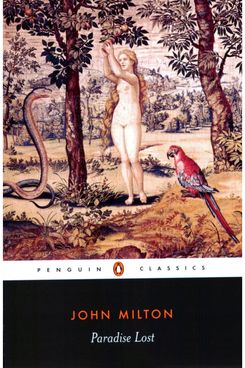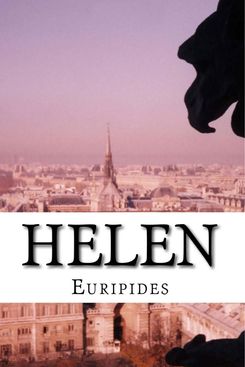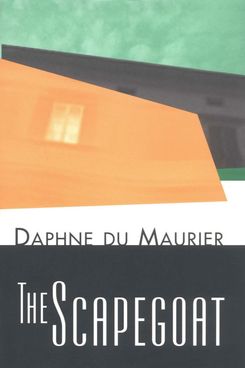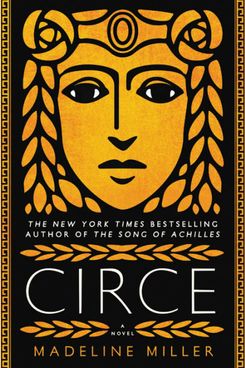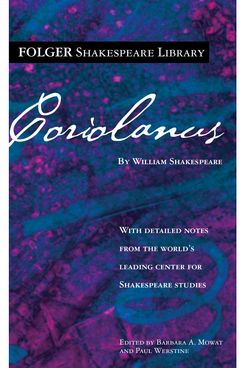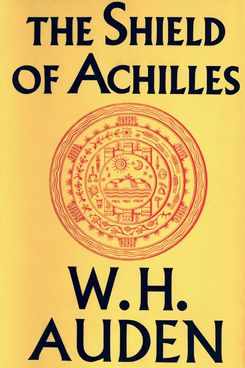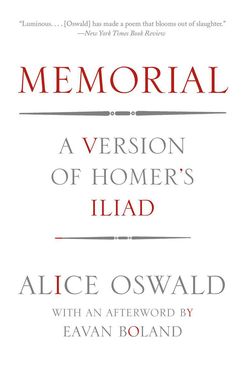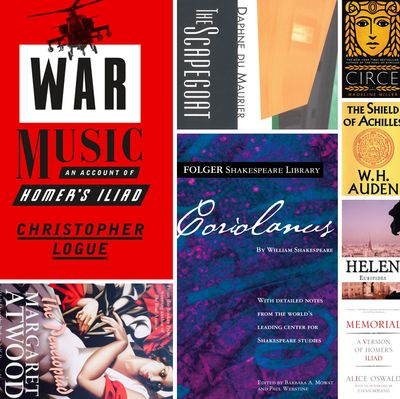
Bookseller One Grand Books has asked celebrities to name the ten titles they’d take to a desert island, and they’ve shared the results with Vulture. Below is British classicist Emily Wilson’s list. She is the first woman to translate Homer’s The Odyssey into English. Wilson will be leading a marathon reading of her translation in Narrowsburg, New York, this Saturday and Sunday. Details at deepwaterfestival.com.
Picking only ten books is impossible! So I decided I would pick ten great books that resonate in different ways with The Odyssey. Most, though not all, are literary responses to Homer’s great epic poem.
The Penelopiad, by Margaret Atwood
I love Margaret Atwood’s sequence, The Penelopiad, which shows us a side of Penelope that is always veiled in Homer. Atwood’s Penelope struggles with the knowledge that she herself colluded with the deaths of the slave women, hanged by her son Telemachus. The theme of women’s collusion with the abuse of women is an important theme, essential in our age of intersectional feminism and #MeToo.
Paradise Lost, by John Milton
Milton’s great epic recasts Odysseus as Satan — the warrior who, in the wake of a great battle, struggles to regain his home and place of power. But it also reimagines Odysseus and Penelope as Adam and Eve: the human couple whose “wandering steps” may finally take them to a new kind of home.
Helen, by Euripides
Aeschylus, Sophocles, and Euripides were all constantly responding to, or writing back against, the Homeric poems. The Athenian tragedy that is maybe most deeply engaged with rewriting and re-creating The Odyssey, is Euripides’ Helen, a provocative, brainy, funny play about the myth that Helen never went to Troy in the first place — the same myth that is central to HD’s brilliant sequence Helen in Egypt. I translated the Euripides’ Helen for a collection of Greek tragedy translations, The Greek Plays.
Coriolanus, by William Shakespeare
I was tempted to include the complete works of Shakespeare, but I’ll instead cite a great play that echos with The Odyssey. Coriolanus is Shakespeare’s most sustained depiction of a war veteran, which presents a brutal and heartbreaking portrait of ultra-masculinity and how it can break a man. There’s also The Tempest, about islands, magic, the sea, power, exile, and colonialism, whose rich, vivid descriptions of nature were very much in my mind when I was working on my translation of The Odyssey.
War Music, by Christopher Logue
War Music, Logue’s poetic “account” of the Iliad, has some real goose-bump moments. Logue didn’t know Greek and unlike Homer, he’s not really interested in people or feelings; but he is brilliant at evoking colors, movement, and the awe-inspiring apparition of the divine.


